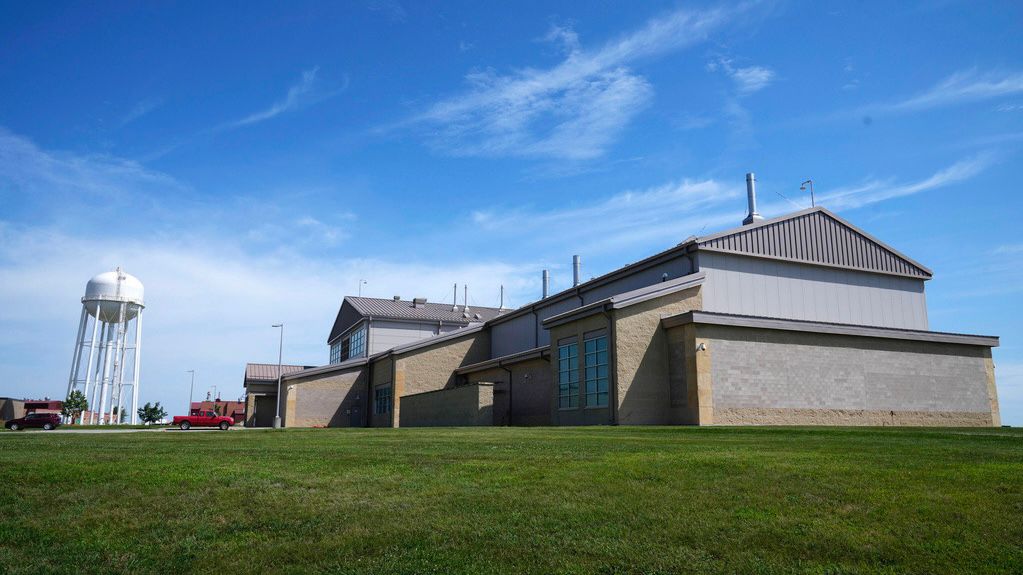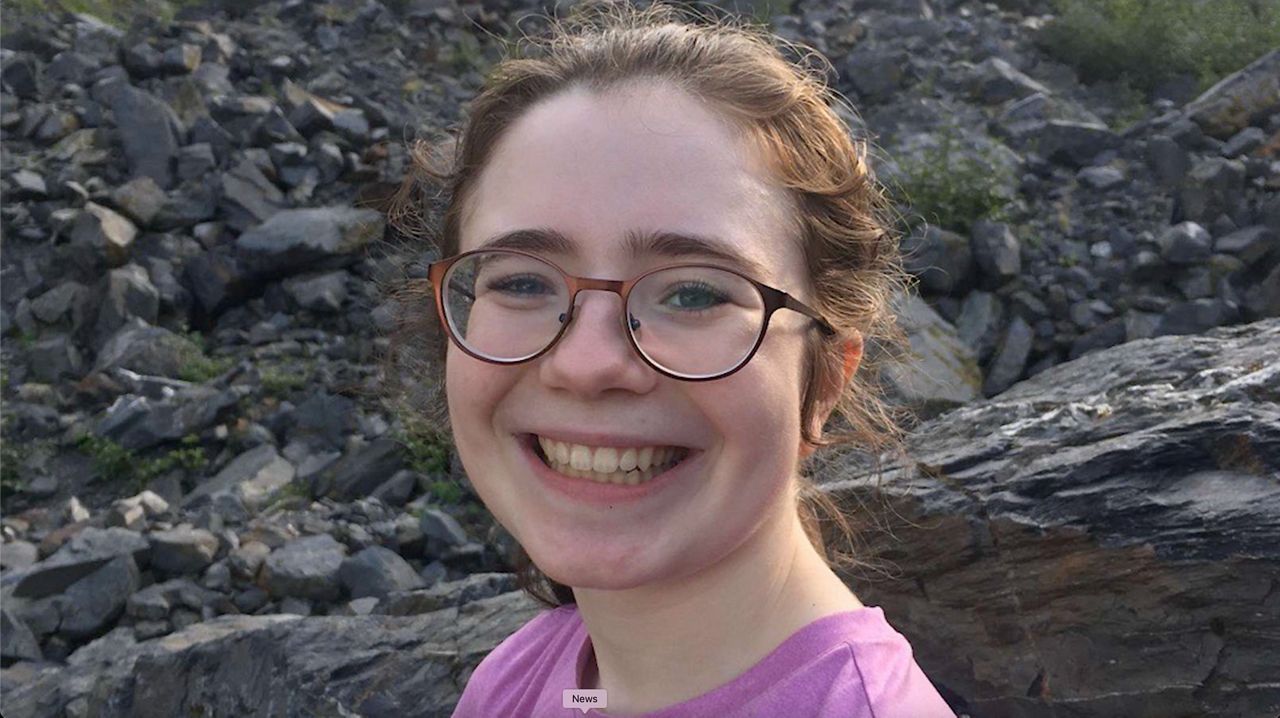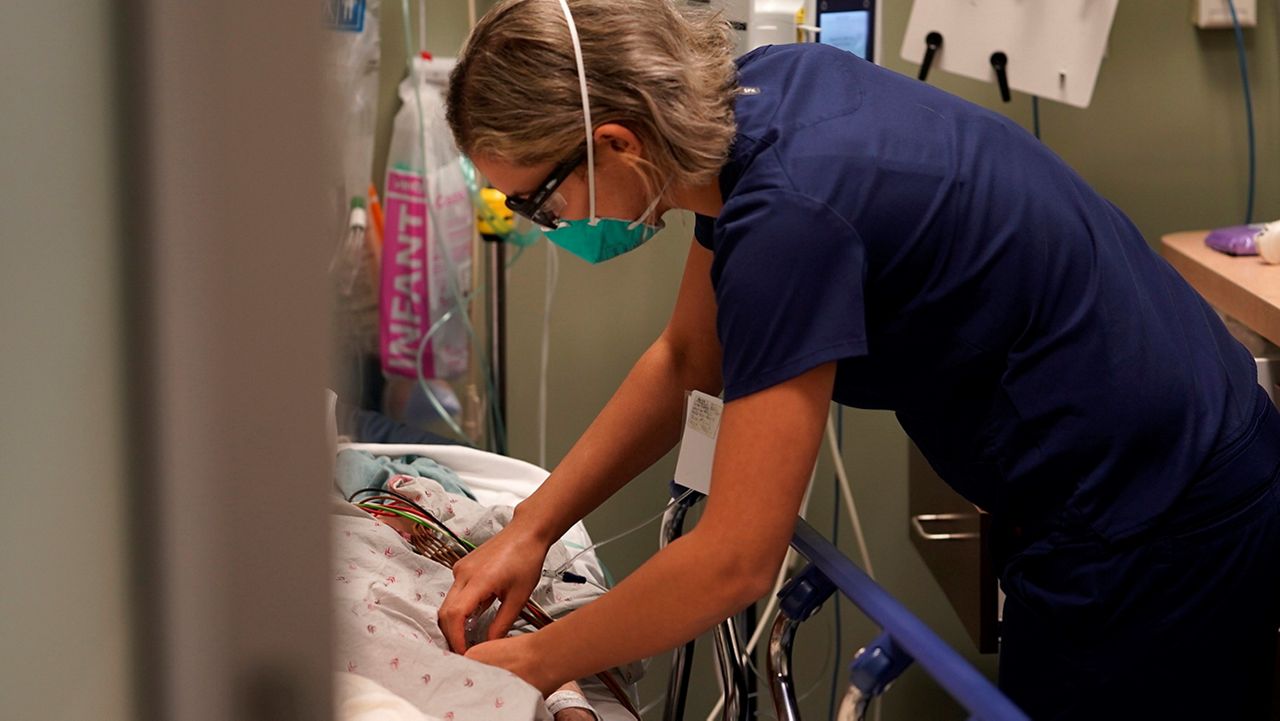At Mount Sinai Hospital in New York City, work is underway in The Elahi Lab to better understand the vascular contributions to cognitive impairment, and to find ways to better protect the brain function of a person with CADASIL, or cerebral autosomal dominant arteriopathy with subcortical infarcts and leukoencephalopathy.
Physician-scientist and CADASIL specialist Dr. Fanny Elahi spoke to Spectrum News 1's Camille DeLongis about the impacts of CADASIL on a person’s brain and body from the onset of the disease and as it progresses throughout their lifetime.
Currently, there is no cure or effective treatment for CADASIL, but the work Elahi doing is actively trying to develop new therapies.
CureCADASIL, an organization that Elahi serves on the scientific advisory board, says the disorder affects one in 25,000 people – and that it often goes underdiagnosed and misdiagnosed as MS or another neurological disorder.
Elahi speaks on how you can test for CADASIL, and if is there difficulty in accessing the right health care providers when it comes to a rare disorder like this.










